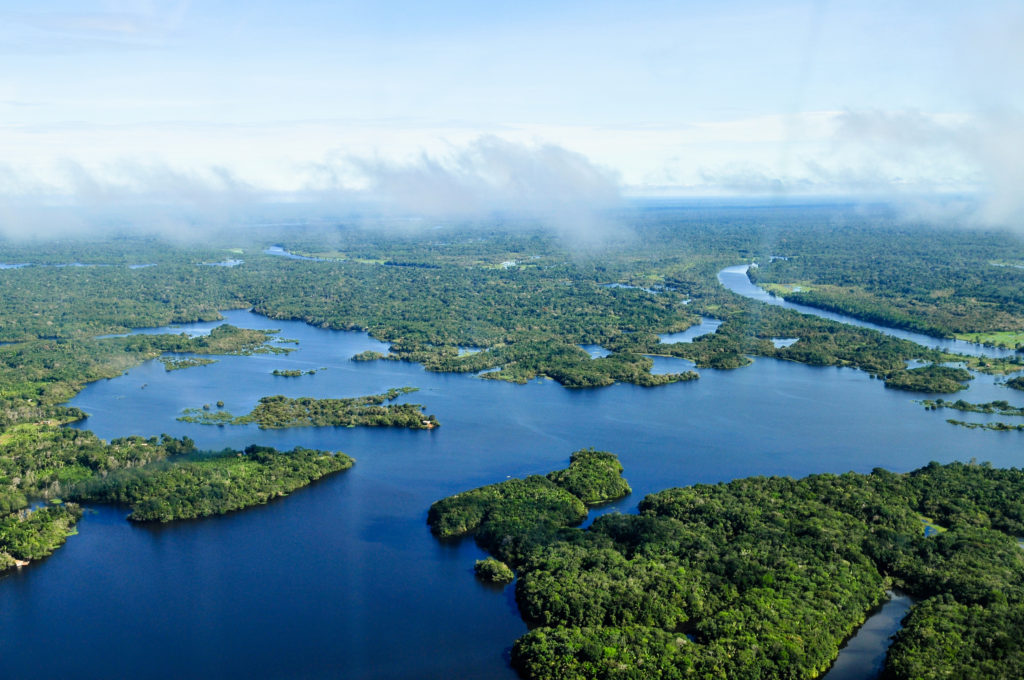In a controversial move, the director general of the Brazilian Federal Police, Paulo Maiurino, replaced delegate Alexandre Saraiva with delegate Leandro Almada.
It would be a common administrative act if the change was not exactly made up by delegate Alexandre Saraiva, who had just broadcast crime news presented in disadvantage by Ricardo Salles, minister of the environment, based on evidence of obstruction of environmental investigation, criminal organization and loggers in the Amazon region.
From an international point of view, countries are not only concerned with the environmental issue in the Amazon region, but are also aware of all local retail activity. In other words, especially Europe and the USA accompany Brazil’s actions, including the latter of rearrangement by the federal police in the Amazon region.
The act can be seen with reservations on the global stage, given the attempt by President Bolsonaro to obtain support and financing with a letter addressed to Joe Biden, president of the U.S., in which he pledges to end illegal deforestation by 2030.
But it wasn’t just that. There has been recognition of the increase in deforestation rates since 2012. Therefore, when citing this year, and including a period of PT government as also responsible, Bolsonaro shares responsibilities.
In addition, the president involved the entire international community, demanding money and sharing responsibilities with it.
This letter, if it had been sent in early 2019, would have an absolutely different impact. What is known is that, at the moment, the letter was poorly received and seen as a kind of blackmail.
It is not even believed that Bolsonaro, even though he speaks for the Brazilian State, can promise something that he will not be able to deliver until 2030. And what is legal and illegal in environmental matters in Brazil today? It is an important question.
Changing the federal delegate who investigates environmental crimes may signal false intentions and be seen only as a simulation of what actually occurs in the environmental area in Brazil.
As in the case of vaccines, the federal government demonstrates at all times that it is slow, reckless and reactive.
Therefore, believing that countries are unaware of what happens in the daily life of Brazilian local politics is naive.


